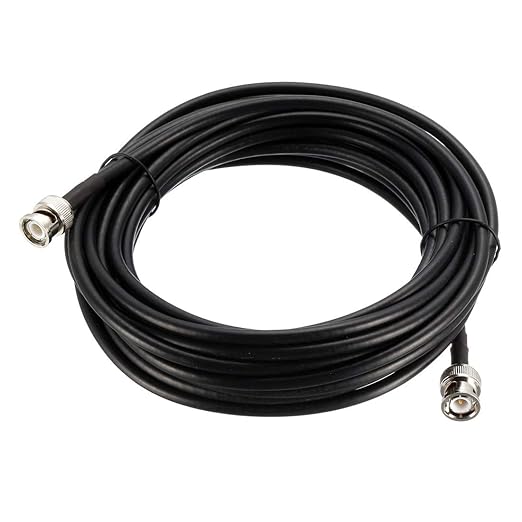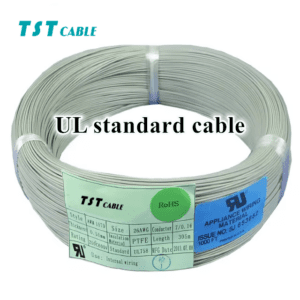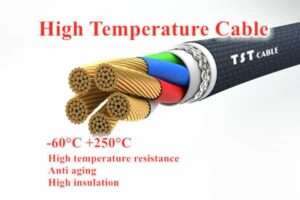
- Home
- /
- Salto del tránsito ferroviario
Application of Cables in Rail Interconnections
Introduction:
Rail interconnections are crucial for the efficient and reliable operation of electric trains and trams. These interconnections involve the use of cables to establish safe and efficient electrical connections between overhead lines and trains.
Rail Interconnections:
Rail interconnections have evolved as an effective method for providing power to electric trains and trams. These connections enable the transmission of power from overhead lines to the trains, eliminating the need for onboard power sources. The catenary connections consist of cables that connect the pantograph on the train to the overhead lines, ensuring a continuous and reliable power supply.
Requirements for Cables in Rail Interconnections:
The cables used in rail interconnections must meet specific requirements to ensure safe and efficient power transmission. These requirements include:
Conductivity: Cables must have excellent conductivity to minimize power losses during transmission. Low-resistance cables ensure efficient power transmission and reduce energy consumption.
Durability and Safety: Cables in catenary connections must be durable and capable of withstanding harsh operating conditions, including temperature variations, vibrations, and exposure to dust, moisture, and other environmental factors. They should comply with safety standards to minimize the risk of electrical hazards.
Flexibility and Tensile Strength: Cables should be flexible and have sufficient tensile strength to withstand the mechanical stress caused by train movements and dynamic forces exerted on the catenary system. They should be able to handle continuous motion and bending without compromising their performance.
Insulation and Protection: The cables used in catenary connections should have appropriate insulation materials and protective jackets to prevent leakage and ensure the safety of passengers and personnel. They should be fire-resistant and capable of withstanding other potential hazards.
TST Cables Designed for Rail Interconnections:
Catenary Cables: These cables are designed with high-quality conductive materials such as copper or aluminum to ensure excellent conductivity and minimize power losses. They can meet the power requirements of rail transportation applications while ensuring reliable and efficient power transmission.
Durability and Protection: Cables used in catenary connections are manufactured with robust materials, such as high-quality insulation materials and protective jackets, to withstand challenging operating conditions. They are designed to resist extreme temperatures, vibrations, as well as dust, moisture, and other environmental factors, ensuring long-term reliability.
Flexibility and Tensile Strength: Cable designs offer flexibility and sufficient tensile strength to withstand train movements and the dynamic forces exerted on the catenary system. They are designed to handle continuous motion and bending without compromising their performance.
Insulation and Safety Features: Cables used in catenary connections are equipped with appropriate insulation materials and protective jackets to prevent leakage and ensure the safety of passengers and personnel. They are designed with fire-resistant properties and comply with safety standards.
Recommended Products

50Ω/75Ω coaxial cable is primarily used in radio communication and electronic devices that employ similar technologies. These cables are flexible, lightweight, and resistant to electromagnetic interference.
Features
Fire-resistant
Flame-resistant
High-temperature-resistant
Low smoke and halogen-free
Oil-resistant
High-pressure-resistant
Other solutions for cables in railway applications.
HOT PRODUCTS
RELATER NEWS
WHY CHOOSE TST
10 years of experience
Specializing in the production of railway cables for 10 years
Engineer-to-engineer one-on-one support
Engineers provide one-on-one service to assist with product selection and problem-solving
Customization according to requirements
With a strong R&D team, we support customized cables based on specific needs
Quality certification
Stringent adherence to industry standards, complete certification
Fully testing facilities
Various tests based on customer requirements
10,000 ㎡ factory
Welcome to visit our factory face to face

Also available in:
English





